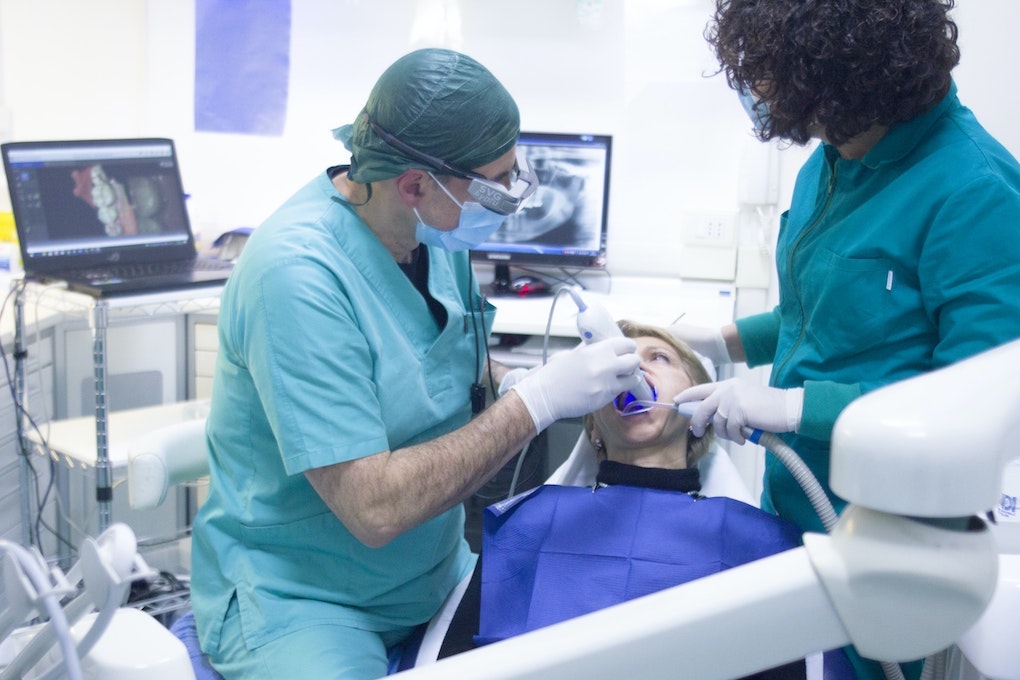
July 18, 2022
How to Prepare for the Breakup of a Dental Practice Partnership

The old saying “breaking up is hard to do” can certainly apply to dental practices. When co-owners of a dental practice choose to part ways, there’s a lot that can be done ahead of time to make the transition easier for all those involved. Here’s how to prepare for the breakup of a dental practice partnership well before all the cards are on the table.
Why dental practice partnerships break up
Yes, a dental practice partnership is like a marriage, which is to say it’s not going to work out 100% of the time. And just like any breakup, there is a wide variety of reasons that lead to the ultimate demise. Some are for positive reasons — financial gain or retirement — and some come in the wake of more difficult times, from divorce or disability to financial loss or a partner losing their license. No matter the reason, a smooth separation is possible.
Get it in writing
Entering into a dental practice partnership can feel a lot like the honeymoon phase of any relationship. Famous last words: What could go wrong? Even if you think your partnership is headed for dental practice bliss, it is likely separation will occur eventually as both partners might not be able to exit the practice at the same time. The best thing you can do ahead of time is to get it all in writing in the form of a partnership agreement. Although this may seem like an unnecessary step and cost upfront, it will save you a lot of time and money down the road if you have to hire an attorney in the event of a contentious split. A professional partnership agreement will include income draw, vacation and sick days, benefits, delegation of roles, separation of duties and property terms.
Know your worth
Having a partnership agreement will also make a practice valuation go much more smoothly when the time comes so the partners can focus on what they want the end goal of the separation to be rather than the nitty-gritty. With all the proper documentation in place, it can be fully determined which doctor is doing what and the percentage of what they are doing, depending on the terms they have in place, in order to figure out what the practice is worth. After figuring out the purchase price, the partners can determine to whom they want to sell the practice, whether that means taking on an associate (only a 20% success rate!), buying out the partnership or selling to a dental service organization (DSO), which often happens when one dentist is looking to retire and the other wants to stay on to practice but doesn’t want the managerial responsibilities that come along with owning a business.
What to expect
In an ideal world, both partners want to see the dental practice continue to succeed, no matter which route they choose, and will work together toward an amicable breakup. However, in the event of financial loss, things could go south very quickly. If one partner is getting a divorce, there’s a death or personal problem, such as drug use, gambling problems or even embezzlement, it’s best to enlist the help of an impartial dental practice broker that will establish the worth of the business, including goodwill. Although some separations do become contentious, with so many transition options available, partners should be able to settle separations amicably and easily.
What’s next?
Contact the experts at Professional Transition Strategies for more ways to set your dental practice up for success.